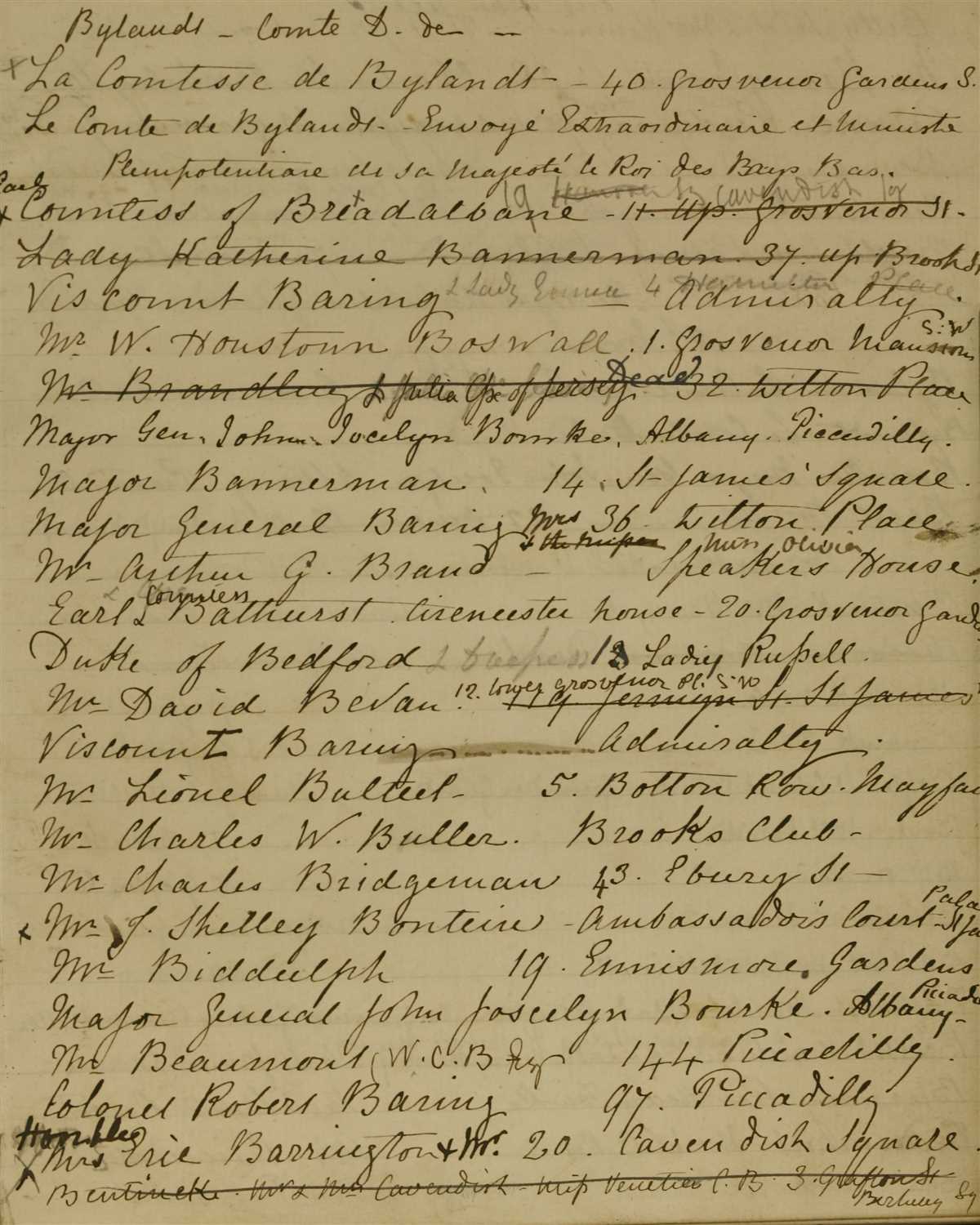

We would like to express our appreciation for the University of Michigan’s Diversity, Equity & Inclusion (DEI) initiative, which partly funded the digitization of these collections. The Clements Library is committed to preserving and providing access to these important historical documents, and it will continue to explore ways of flagging or identifying content that may be difficult for the benefit of our readership. Similarly, the Jacob Aemilius Irving letter books are filled throughout with content that dehumanizes enslaved persons. The Thomas Leyland Company Account Books, for example, contain vivid documentation of trauma in the form of the raw accounting of slave trade voyages, in which human beings were treated and represented as property and objects of trade. The same statement pertains to readers approaching these digitized collections. Clements Library recently released a Harmful Language Statement to prepare researchers for culturally insensitive, derogatory, and other harmful language and content that may be encountered in its catalog records and finding aids. In order to improve our service to scholars and casual readers, the William L. The digital surrogates have significant anticipated use by scholars who cannot make it to Ann Arbor and bolster our growing body of online archival materials pertinent to African American and Black Caribbean history. These collections are made up of bound volumes, which see regular use in the reading room and classes. They include the Thomas Leyland Company Account Books, 1789-1793 Jacob Aemilius Irving Letterbooks, 1809-1816 and Harriet DeGarmo Fuller Papers, 1852-1857. Clements Library has recently made available online three archival collections pertinent to the trade of enslaved persons, slavery in Jamaica, and antislavery activities in Michigan.

The Weston family was also among those who made large manuscript donations to the library.The William L. The Weston sisters, for example, were sisters from the South Shore who were prominent abolitionists. Though abolitionists didn’t always agree on whether women should be a part of the movement, Prindle said the collection also includes lots of manuscripts written by women. Following the Garrison family’s donation, the families of other late abolitionists also began contributing to the collection. Garrison was the editor of the abolitionist newspaper “The Liberator,” making him an integral voice of the movement. The library’s collection began with a donation from the family of William Lloyd Garrison in the late 1890s. “These are people who are also talking about life during that period, local politics, and the weather,” Prindle said. “It’s one thing to read these letters, but to actually sit down and meticulously transcribe them, it’s to commune with them,” he said.īeth Prindle, head of special collections, added that the documents don’t just connect people with the abolitionist movement. Blake said he hopes being a part of the process will help participants connect with the documents on a deeper level.


 0 kommentar(er)
0 kommentar(er)
